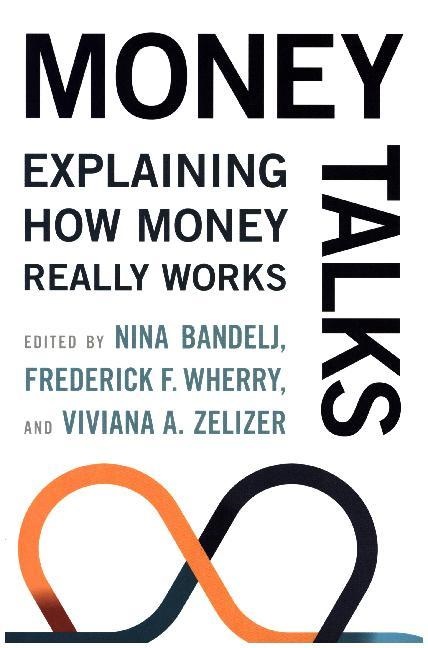Read more
The world of money is being transformed as households and organizations face changing economies and new currencies and payment systems like Bitcoin and Apple Pay gain ground. What is money, and how do we make sense of it? Money Talks is the first book to offer a wide range of alternative and unexpected explanations of how social relations, emotions, moral concerns, and institutions shape how we create, mark, and use money. This collection brings together a stellar group of international experts from multiple disciplines - sociology, economics, history, law, anthropology, political science, and philosophy - to propose fresh explanations for money's origins, uses, effects, and future. Money Talks explores five key questions: How do social relationships, emotions, and morals shape how people account for and use their money? How do corporations infuse social meaning into their financing and investment practices? What are the historical, political, and social foundations of currencies? When does money become contested, and are there things money shouldn't buy? What is the impact of the new twenty-first-century currencies on our social relations?
About the author
Nina Bandelj is professor of sociology and equity advisor to the dean of social sciences at the University of California, Irvine. Frederick F. Wherry is professor of sociology and codirector of the Center for Cultural Sociology at Yale University. Viviana A. Zelizer is the Lloyd Cotsen '50 Professor of Sociology at Princeton University.
Summary
The world of money is being transformed as households and organizations face changing economies, and new currencies and payment systems like Bitcoin and Apple Pay gain ground. What is money, and how do we make sense of it? Money Talks is the first book to offer a wide range of alternative and unexpected explanations of how social relations, emotions, moral concerns, and institutions shape how we create, mark, and use money. This collection brings together a stellar group of international experts from multiple disciplines—sociology, economics, history, law, anthropology, political science, and philosophy—to propose fresh explanations for money's origins, uses, effects, and future.
Money Talks explores five key questions: How do social relationships, emotions, and morals shape how people account for and use their money? How do corporations infuse social meaning into their financing and investment practices? What are the historical, political, and social foundations of currencies? When does money become contested, and are there things money shouldn't buy? What is the impact of the new twenty-first-century currencies on our social relations?
At a time of growing concern over financial inequality, Money Talks overturns conventional views about money by revealing its profound social potential.
Additional text
"Money Talks is a remarkable edited volume that is much needed."---Cheris Shun-ching Chan, American Journal of Sociology
Report
"In a world in which monetization seems to be gobbling up every remote corner of social life, Money Talks makes a bold case for the continuing importance not only of subjective meaning in our understanding of money, but of social relations above and beyond exchanges between rational actors. This book brings together an interdisciplinary band of uncommonly smart and influential scholars to take stock of what we know about the myriad uses and meanings of money." - Frank Dobbin, Harvard University

